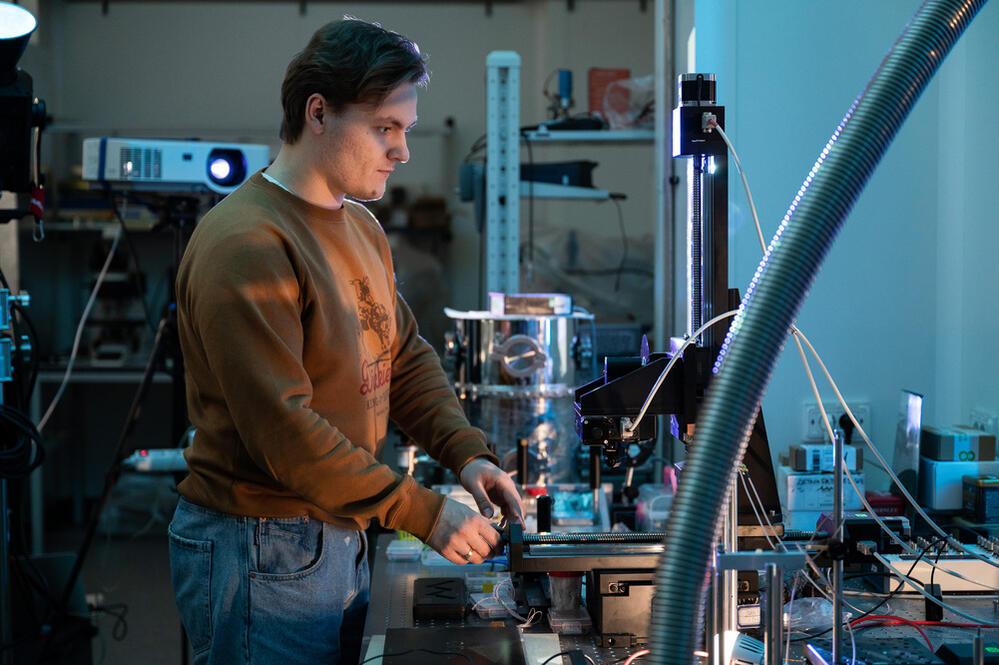The Key to Security: Scientists Strengthen Quantum Cryptography with a Neural Network
Researchers from NUST MISIS, HSE University, and the Russian company QRate have introduced a new approach to predicting quantum error rates in quantum key distribution systems using machine learning algorithms.
